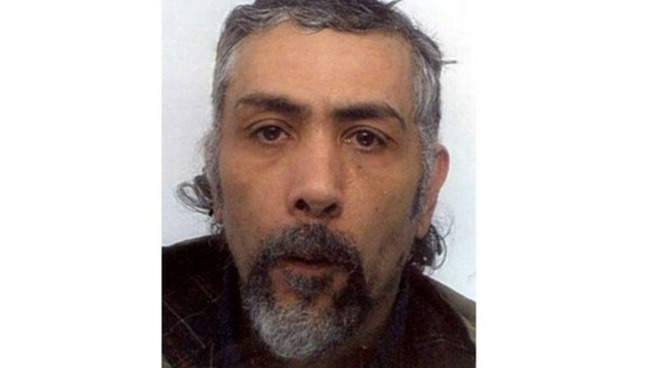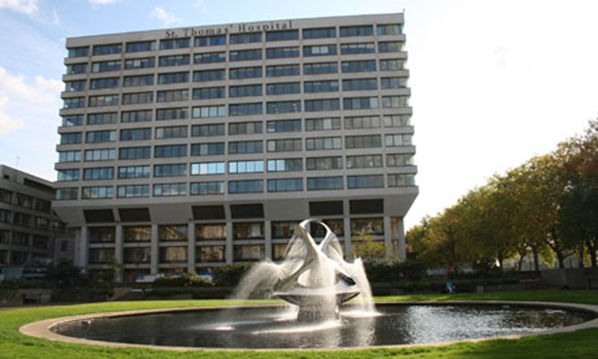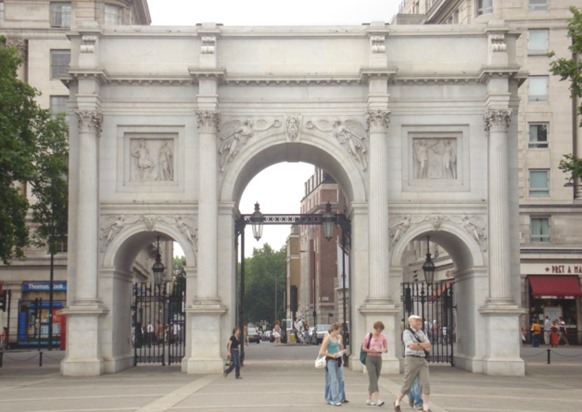Sven Longshanks
Daily Stormer
June 30, 2014

This sounds like the Afghan Asylum-seeker killed the Scotsman just so he could stay in the country.
From STV:
An asylum seeker told a psychiatrist he was going to kill a day before he strangled a Scots rough sleeper to death at Marble Arch, an inquest heard.
Ghodratollah Barani, 26, throttled Mark Morrison, 46, from Stirling, Scotland, with a piece of tent fabric in June 2012, Westminster Coroner’s Court heard.
He had previously claimed he was the king of Afghanistan and demanded to be let into Buckingham Palace but was thought to be faking symptoms to stay in the country.
Barani had recently had his application for asylum rejected and was in the process of appealing the decision at the time of the killing.
At an inquest into Mr Morrison’s death, two psychiatrists said they thought Barani’s claims that voices in his head were telling him to kill someone might have been a ruse to get asylum.
Barani was first referred to Guy’s and St Thomas’s Hospital on June 18, 2012, after he was found at the gates of Buckingham Palace saying he was the king.
Dr Nancy Butler, a junior psychiatrist, assessed Barani with the help of a Farsi translator and he told her he had tried to commit suicide on three occasions.
“‘He said he tried to stab himself, tried to set fire to himself, and tried to suffocate himself with gas, but he had never needed medical attention afterwards,” said Dr Butler.
“Although these sound like quite violent means to kill yourself, I was not convinced he had ever tried to harm himself.”
Barani was examined again at Guy’s and St Thomas’s on June 20 when he referred himself saying that voices were telling him to kill someone to become king.

Dr Neeraj Kabra, a senior psychiatrist at the hospital, said: “The voices told him if he killed someone he could become king and he needed to become king within three days.”
He added: “He said he had come to hospital to get help with the killing, I asked him what sort of help he would expect.”
Dr Kabra said Barani replied: “It’s the voices in my head telling me to kill someone and if I go to the hospital I can get help – help with the killing.
“I asked him to describe a bit more about the voices, if it had been male or female or if it seemed as if someone was speaking to him from outside or inside his head. He didn’t have a response yes or no to any of those questions.”
He explained Barani was very agitated because he had a meeting with the UK Border Agency at 11am and he was very anxious he was going to miss his last chance of asylum.
He added Barani had also asked him to write a letter to support his application. “I was not convinced he was having psychotic episodes,” he said. On the following day Barani killed Mr Morrison.
Dr Cameron Ryan, a psychiatrist at the Gordon Hospital, assessed Barani the day after, when he had yet to been identified by police.
Barani had been referred to him by a social worker, and he also thought that his actions might have been his way of furthering his asylum application.

He said that he made some statements about being a king, but when he explored them he “quickly minimised them”.
“So when I said to him [killing someone] is kind of an odd thing to want to do, he would say, ‘oh yes, you’re right’, he didn’t have a high degree of determination.”
Barani was eventually identified as the killer on June 29 after the attack was caught on CCTV. He was held in the hospital wing of Belmarsh Prison for five months before he was eventually diagnosed as having schizophrenia.
Coroner Dr Shirley Radcliffe said there was nothing to suggest Barani should have been held before the killing. Dr Radcliffe, said: “This country doesn’t take detaining somebody against their will lightly.”
She added: “There was nothing to suggest he was detainable under the Mental Health Act. I conclude Morrison was unlawfully killed.
“He died of compression to the neck consistent with strangulation. His killer pleaded guilty to manslaughter on the grounds of diminished responsibility and was detained under the Mental Health Act.”
Barani admitted manslaughter on the grounds of diminished responsibility and was detained indefinitely under sections 37 and 41 of the Mental Health Act.

